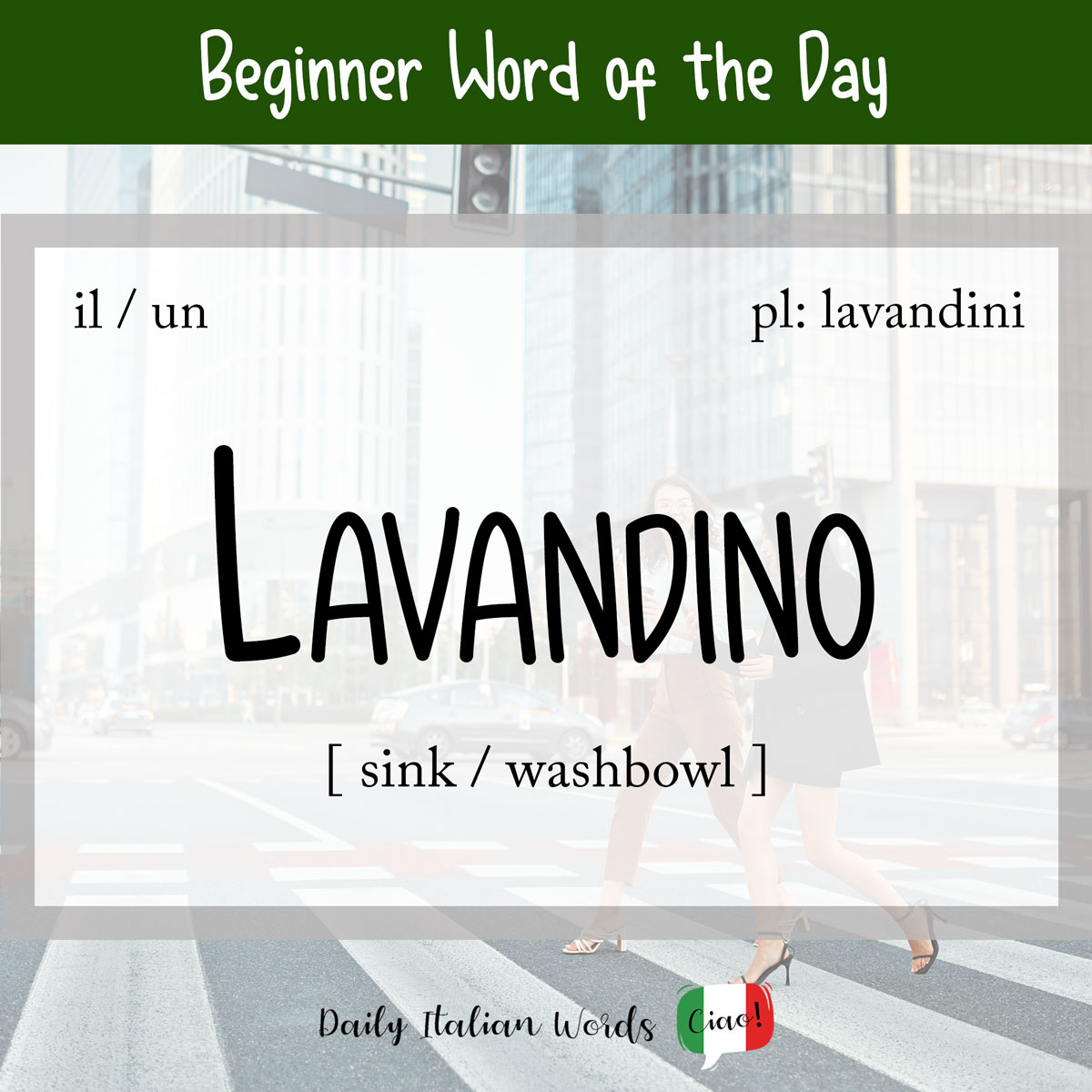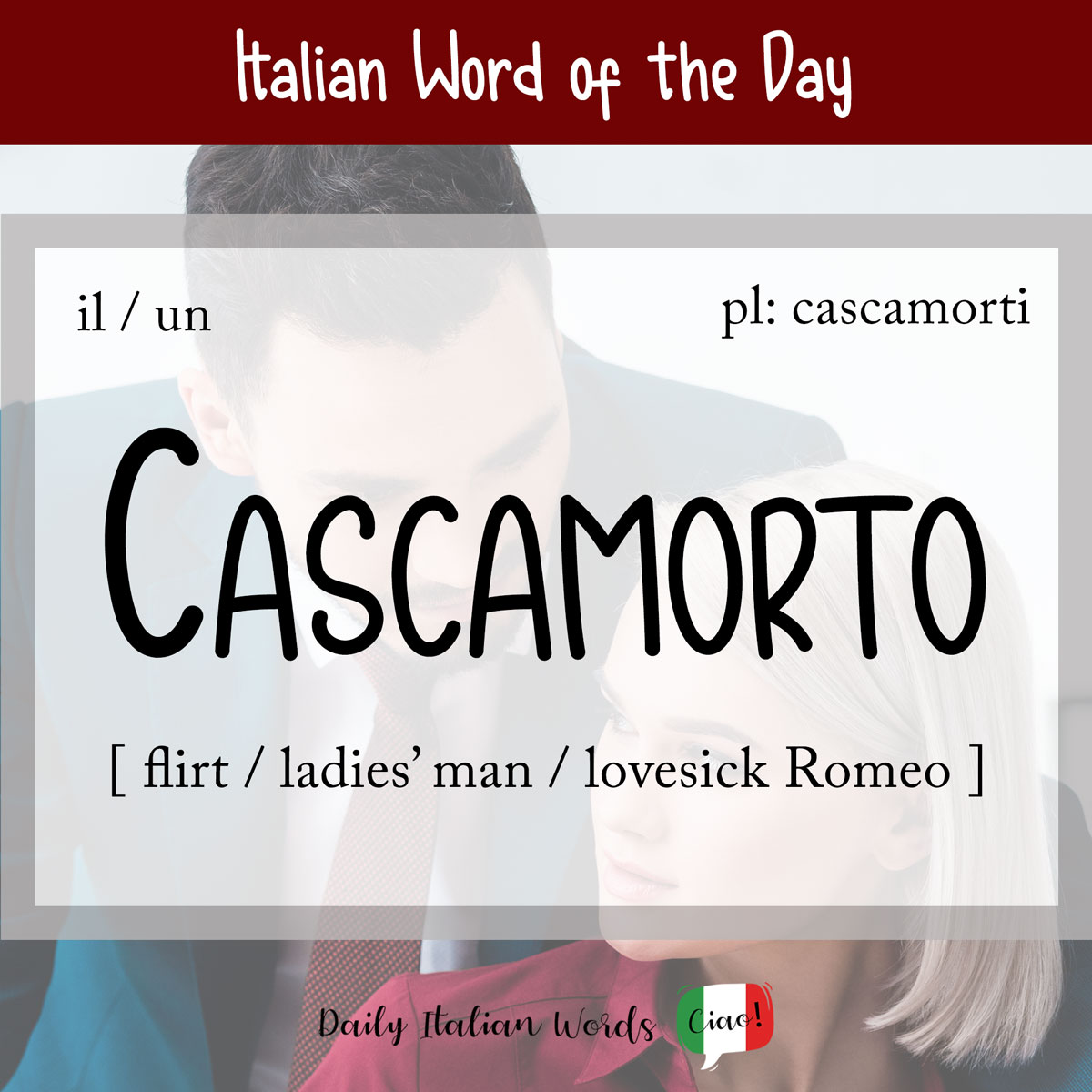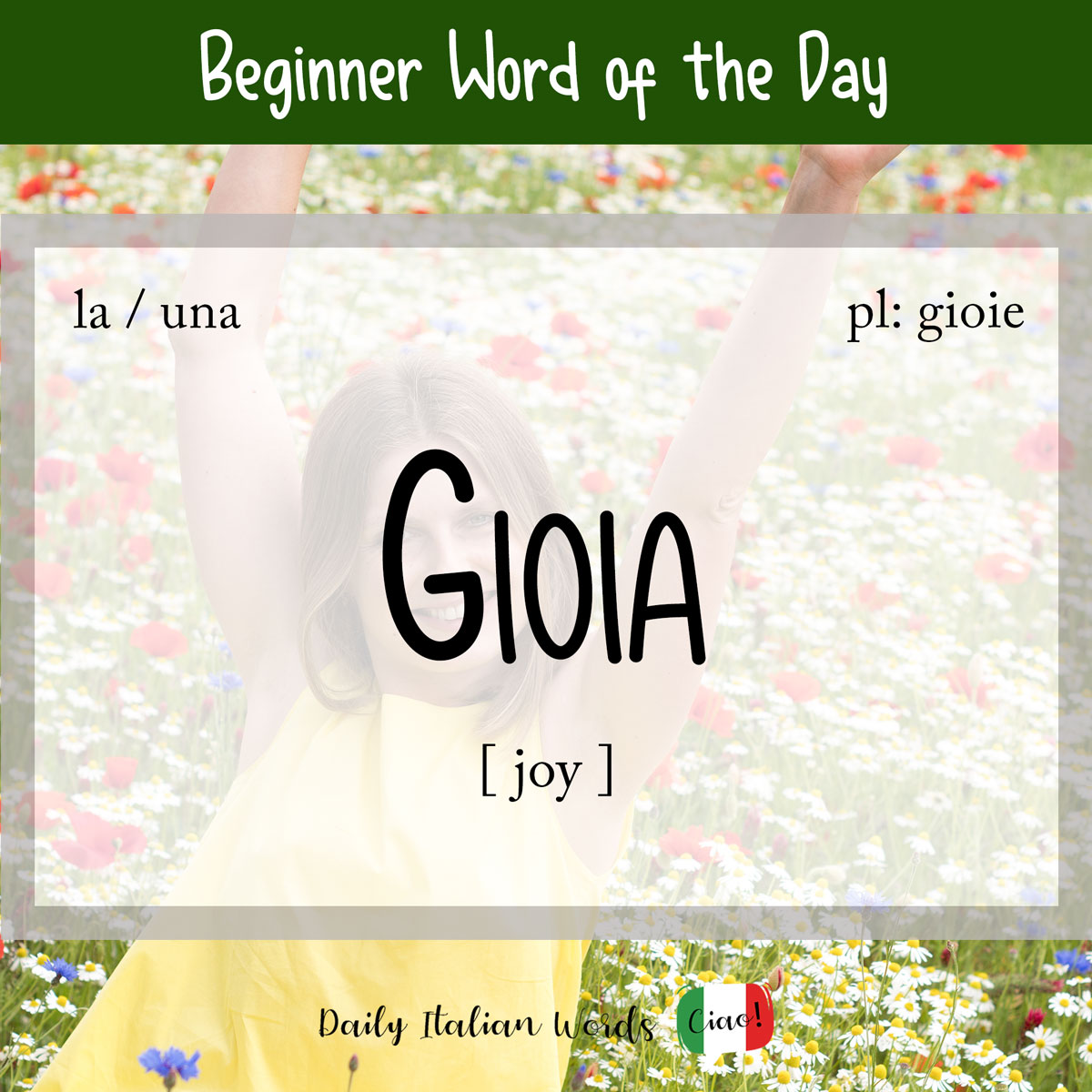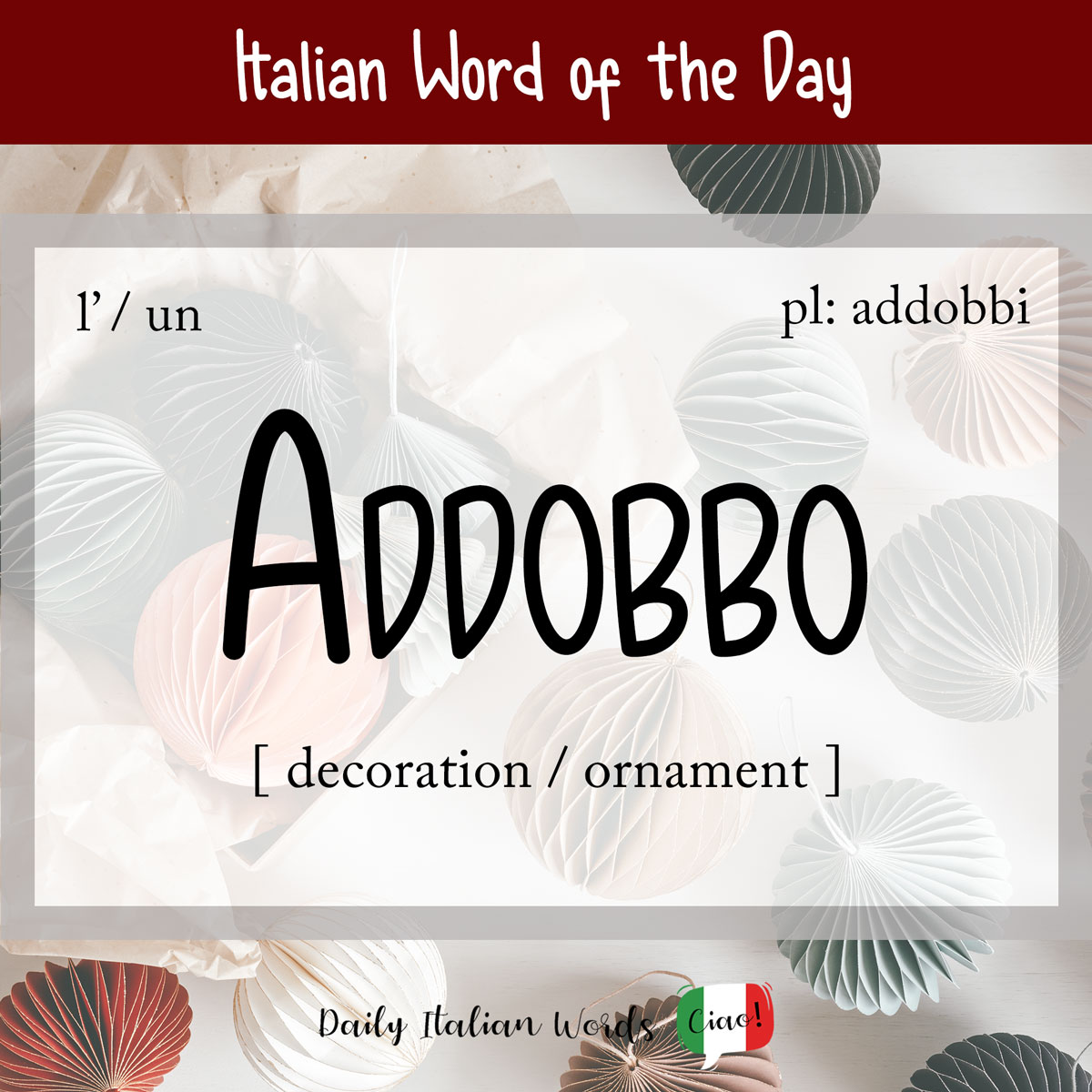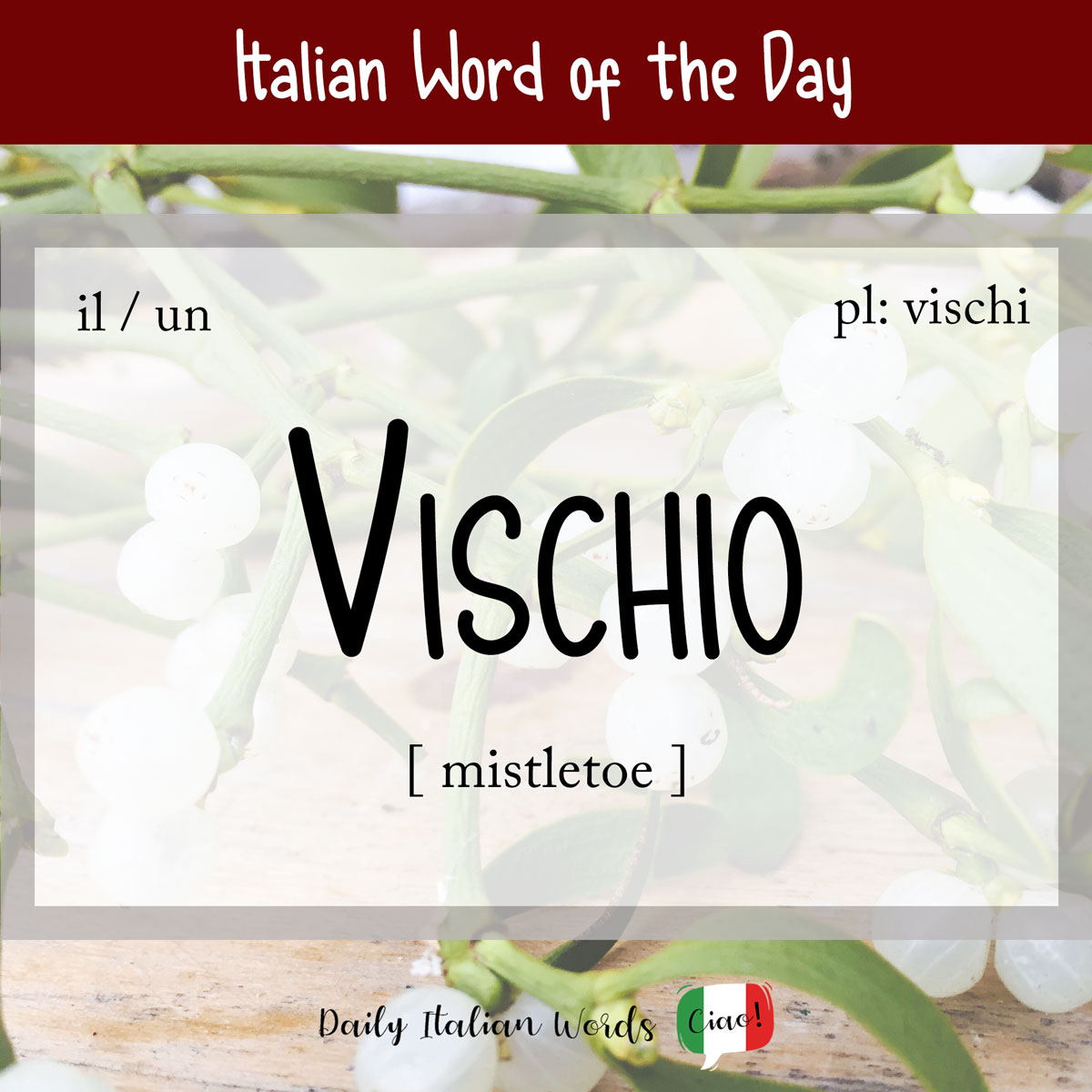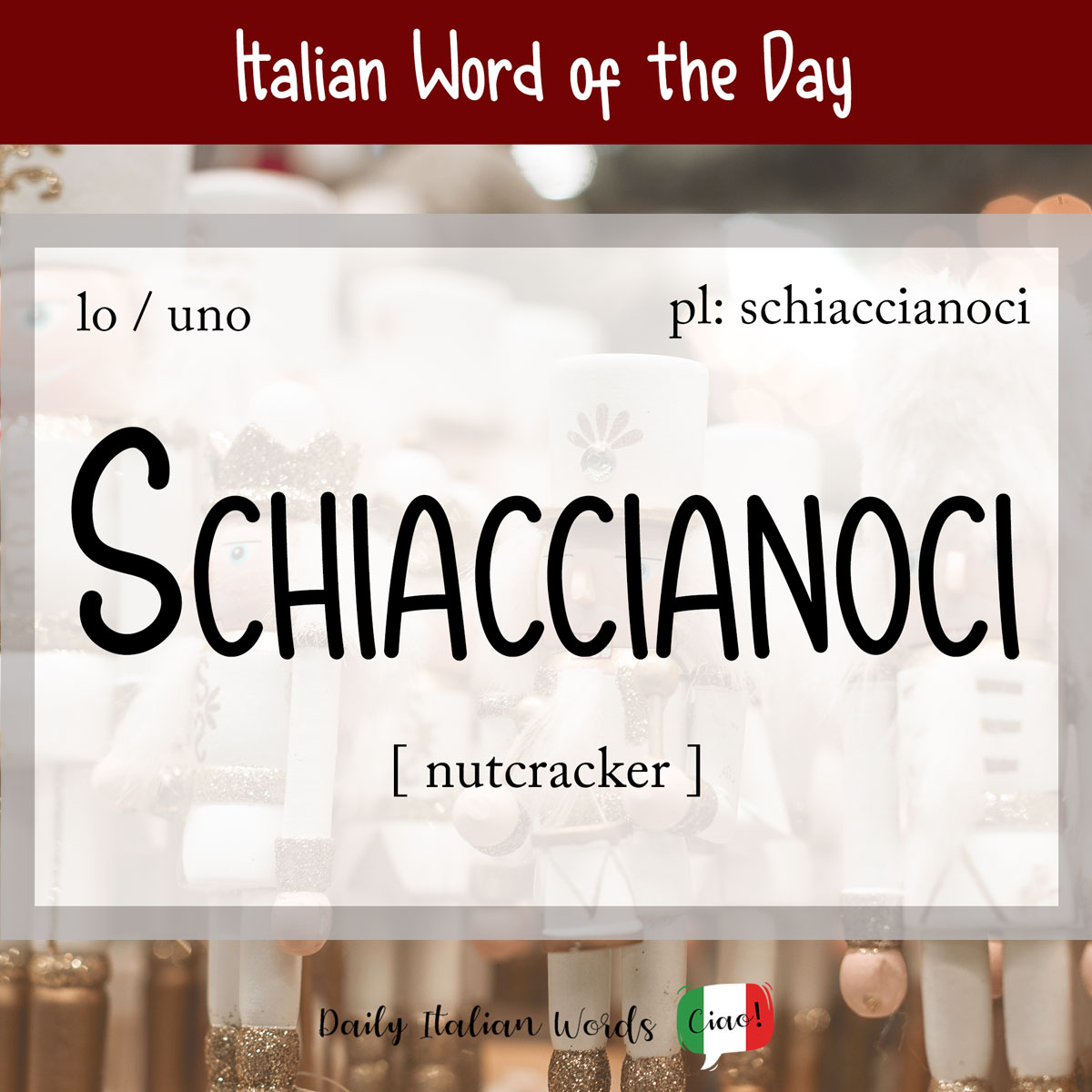Italian Word of the Day: Lavandino (sink / washbowl)
The word for a sink in Italian is lavandino. A word of northern origin, it is a derivative of the word lavanda meaning ‘wash‘ or ‘washing‘. lavandino It is a masculine noun, so it takes the following definite and indefinite articles: Oh no, il lavandino è intasato! Abbiamo uno sturalavandini? Oh no, the sink is …

